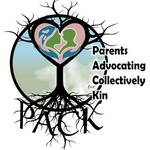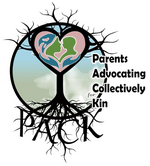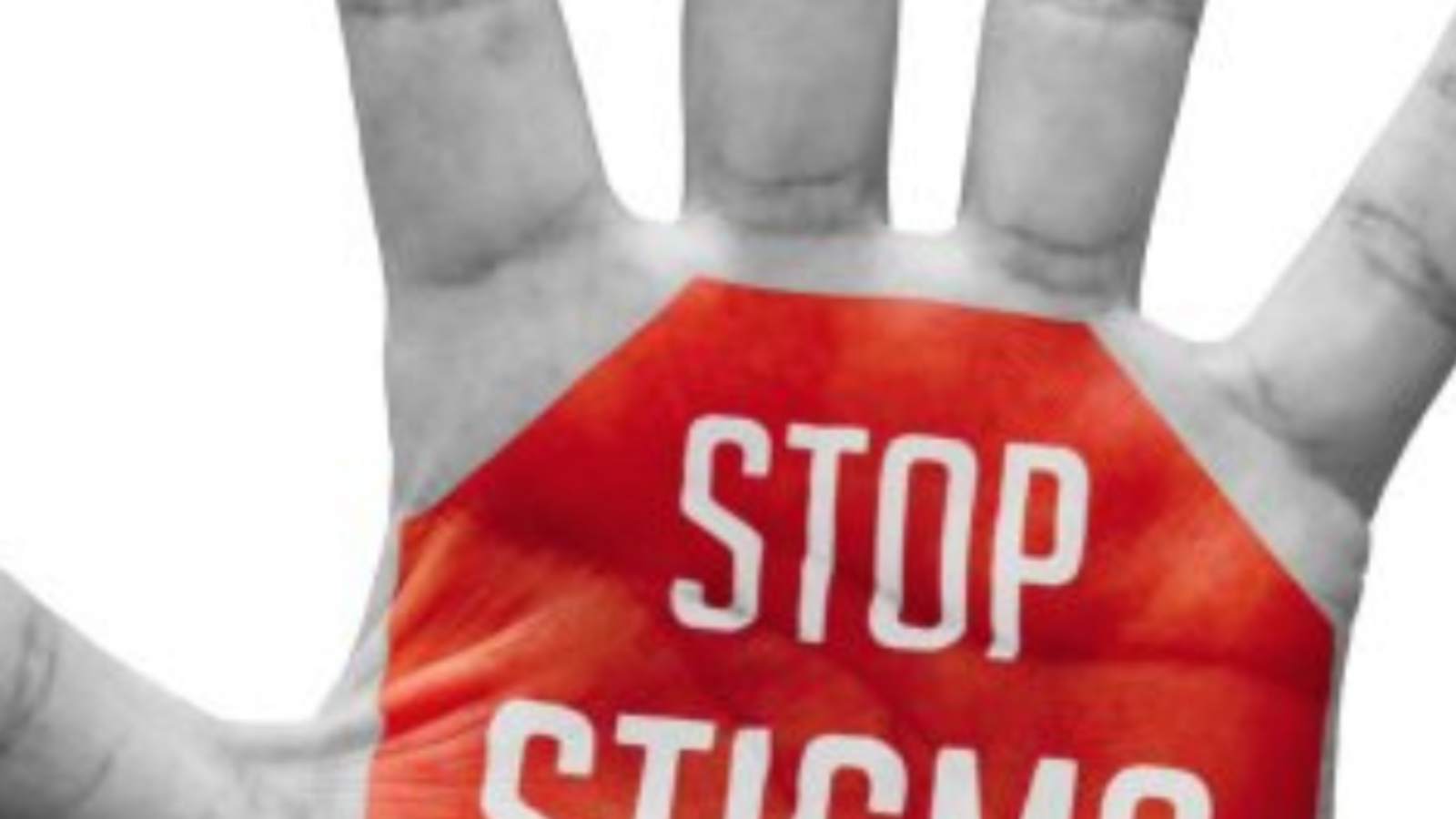Introduction
The journey of parenthood is a challenging yet rewarding experience, but for women and parents who use drugs, accessing support can be hindered by a variety of barriers. Stigma, misconceptions, and systemic challenges often create significant roadblocks. In this blog post, we’ll explore the top three barriers to accessing support for women and parents who use drugs and the pervasive stigma that exacerbates these challenges.
- Stigma Surrounding Substance Use
Stigma is a powerful force that can prevent individuals from seeking the support they need. Women and parents who use drugs often face judgment, blame, and societal condemnation, perpetuating a cycle of shame and secrecy. This stigma is deeply ingrained in cultural perceptions, affecting not only how society views substance use but also how individuals perceive themselves.
Addressing Stigma:
- Education and Awareness: Promote education and awareness campaigns to debunk myths and challenge stereotypes about substance use.
- Humanizing Stories: Share personal stories that humanize the experiences of women and parents who use drugs, emphasizing their strength and resilience.
- Cultural Competency Training: Offer training for healthcare professionals and support workers to enhance their understanding of substance use without judgment.
- Limited Access to Support Services
A lack of accessible and tailored support services is a significant barrier for women and parents who use drugs. Many face difficulties in finding appropriate healthcare, counseling, and parenting resources that address their unique needs. Geographic disparities, financial constraints, and a shortage of specialized programs contribute to this challenge.
Overcoming Access Barriers:
- Community-Based Programs: Develop community-focused support programs that are easily accessible and sensitive to the needs of women and parents who use drugs.
- Telehealth Services: Expand telehealth options to bridge the gap for those in remote areas or facing transportation challenges.
- Collaborative Partnerships: Forge partnerships between healthcare providers, community organizations, and governmental agencies to create a comprehensive network of support.
- Child Welfare System Involvement
The fear of child welfare system involvement can be a significant deterrent for women and parents seeking support. The potential threat of having their children removed creates a climate of mistrust, preventing individuals from accessing necessary healthcare and support services.
Navigating Child Welfare Concerns:
- Trauma-Informed Approaches: Implement trauma-informed practices within the child welfare system to ensure compassionate and supportive interventions.
- Preventive Services: Focus on preventive services that aim to keep families together while addressing the underlying issues contributing to substance use.
- Legal Support: Provide access to legal resources and advocacy to ensure that parents are aware of their rights and have proper representation when engaging with the child welfare system.
Conclusion
Breaking down the barriers to support for women and parents who use drugs requires a concerted effort to challenge stigma, enhance access to services, and reform systems that perpetuate fear and distrust. By fostering understanding, creating inclusive support networks, and addressing the unique challenges faced by this population, we can work towards a more compassionate and effective approach to support and care for all parents, regardless of their substance use history. It’s essential to recognize the resilience and strength of individuals navigating these challenges and to create a society where everyone can access the support they need without fear of judgment or discrimination.



Add a Comment